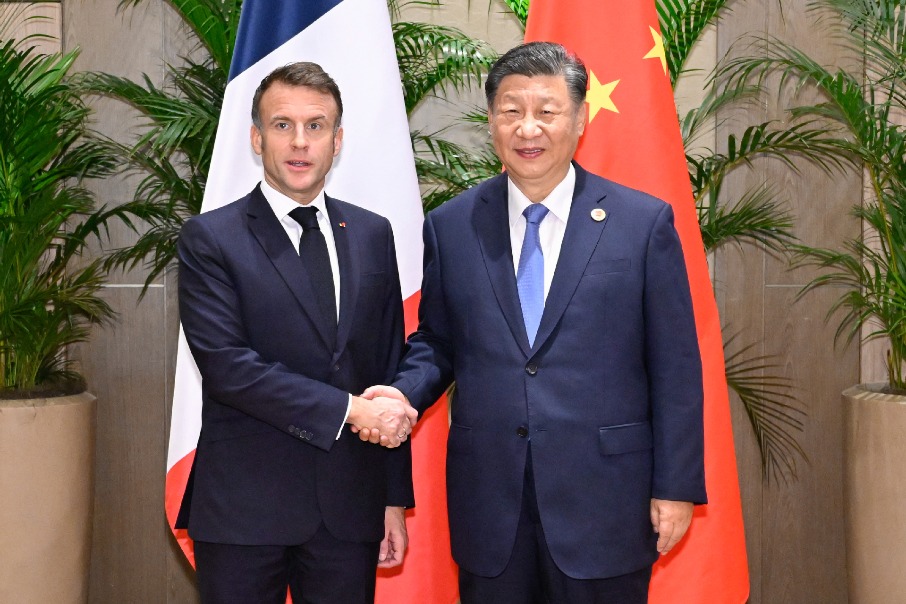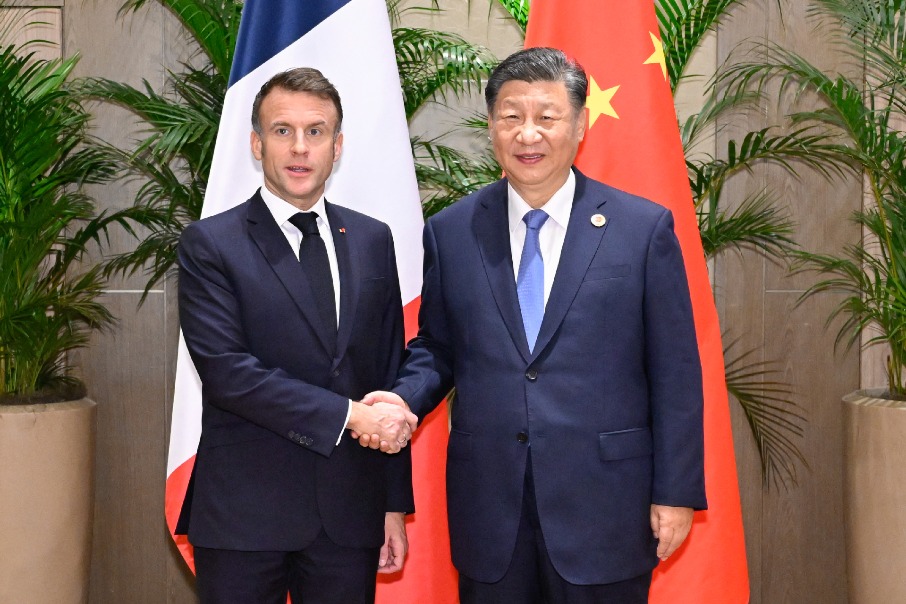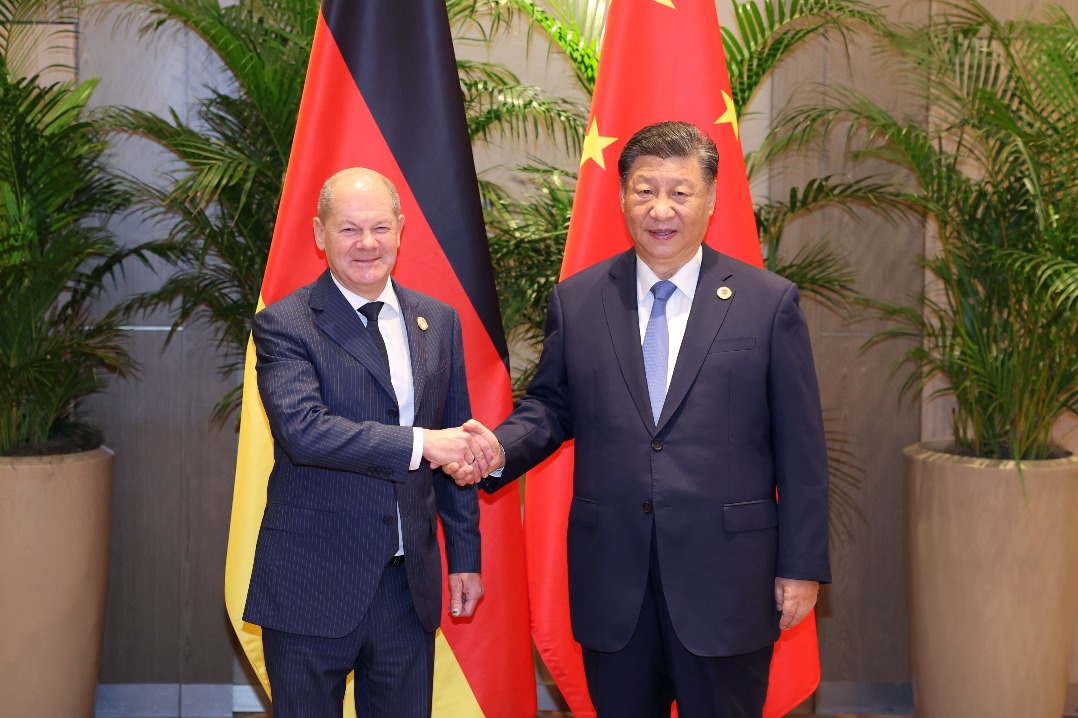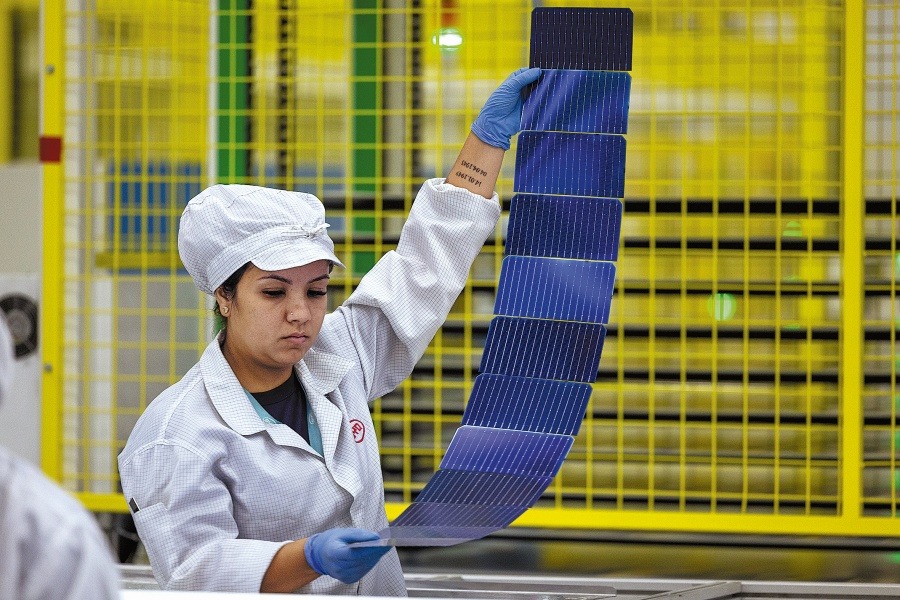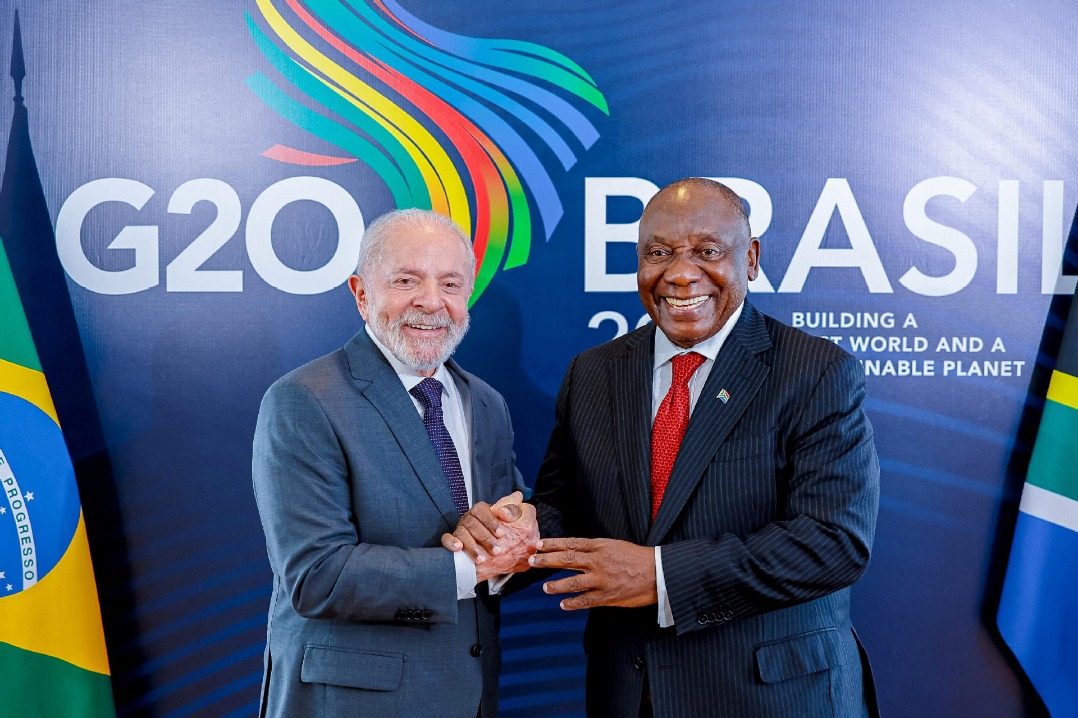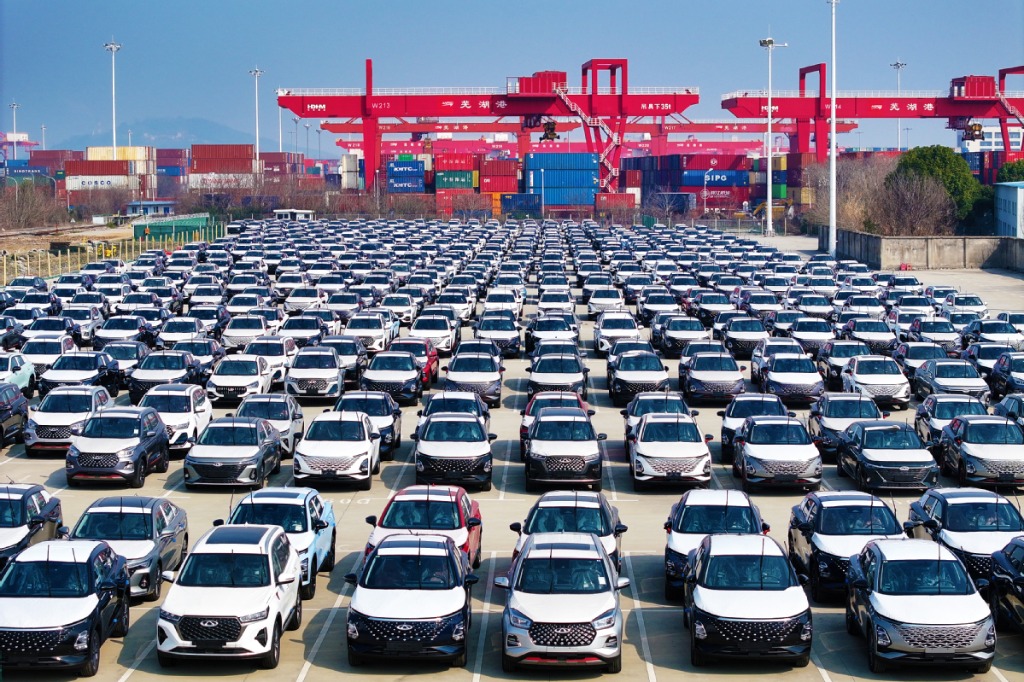Sunak should think twice before souring UK-China ties

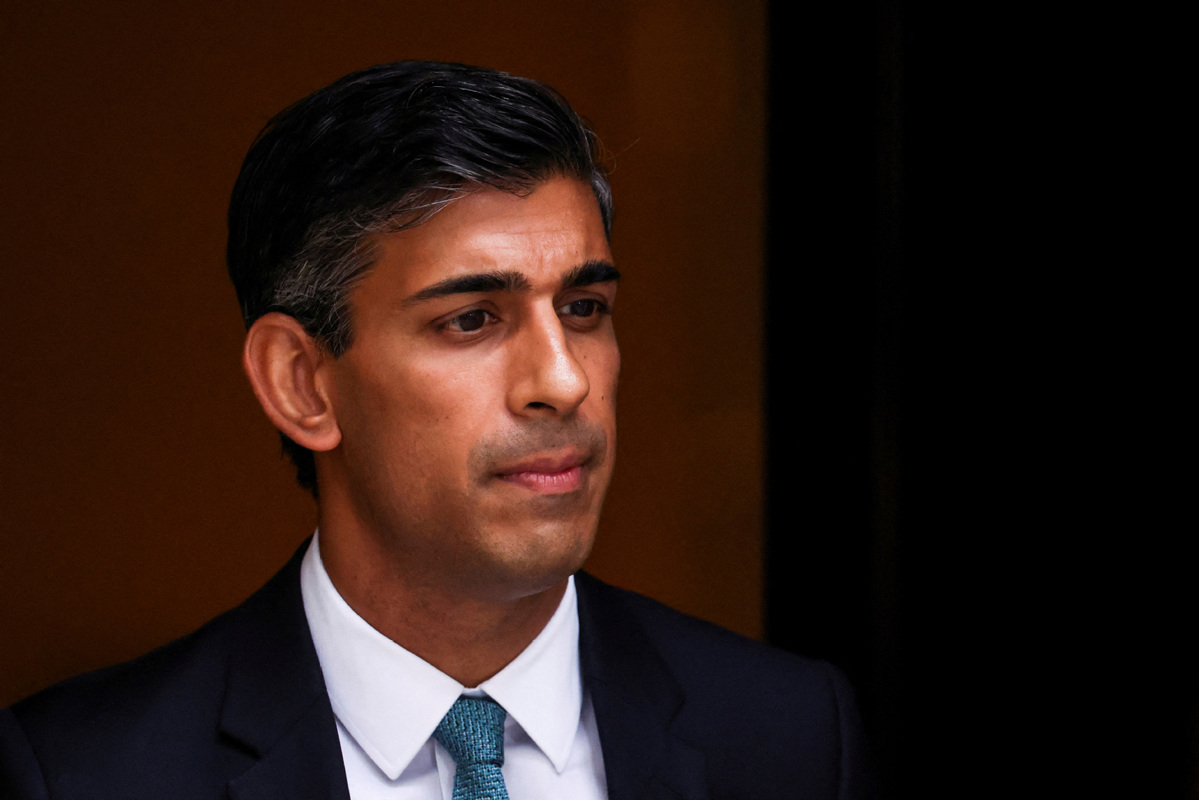
Earlier this week, British Prime Minister Rishi Sunak declared that the United Kingdom's "Golden Era" with China was over, declaring China a "systemic challenge" to the UK's values and interests. The promise of strong relations between London and Beijing was established in 2015, underpinned by President Xi Jinping's state visit to the UK in October that year. It was the natural outcome from China's growing economic and political importance and many of those reasons remain valid today.
After China entered the World Trade Organization in 2001, the Chinese economy grew at an impressive speed of close to 10 percent per year on average and became the manufacturing workshop to the world in that decade. That growth was critical in helping the world weather the 2008 global financial crisis and continued to represent up to half of world economic growth for years after.
For the UK, the 2008 Beijing Olympics, followed by the 2012 London Olympics, gave the two nations good reasons to work closely together. Politicians such as London's then-mayor Boris Johnson and then-prime minister David Cameron were Sinophiles. Yet history will show that the UK never really grasped the opportunities in the relationship in the past seven years and a big factor in its stagnation happened a year later when Donald Trump became president of the US.
Unlike president Obama, who recognized that the relationship between the US and China was the most important in the world and secretary of State Hilary Clinton, who saw that China was developing into a responsible stakeholder with the major nations rowing the same boat in choppy waters, Trump's Make America Great Again policy focused on blaming China for America's economic problems and identified security threats. While London initially voiced that it would take an independent view on China, it ultimately followed Washington's position on China as a threat and this did not change with new British prime ministers.
The fact that the current prime minister has stopped short of declaring China as a threat is not much comfort to the relationship because many hawks in the UK administration are disappointed that he has not gone further and will raise the siren again. It is hoped that Sunak will take a pragmatic approach and not yield to further pressures that can only damage this important relationship.
Rhetoric about a China threat could lead to irresponsible decisions. For example, Chinese businesses have successfully invested in some English football clubs – would this be restricted in future? The authorities have welcomed Middle East investment, foreign government supported, in top English clubs despite concrete objections to some actions in those countries. Would Chinese students face difficulties going to the UK or would they want to come if not welcomed? The UK needs to tread carefully.
Looking back to 2015, not only would few have believed that the UK's position would come to this, they would also not have believed that the UK would have voted narrowly to leave the EU. This illustrates the influence that interest groups on "UK independence" and strategic decisions by key politicians, notably then-foreign secretary Boris Johnson, can have on public opinion. The British public should take warning from the reality that the UK has struggled to get any advantage from leaving the EU and opinion polls now show that a majority would favor remaining - if one could turn back time.
So, the UK public should not rush to follow the hawks who seek to paint China as a country to be feared. The Chinese businesses that supply many important products are not at threat to the UK. In fact, last year was a record year for China-UK bilateral trade volume. China remains important to UK for key products, for inbound investment and for export opportunities. As China illustrated at the China International Import Expo earlier this month, it is open to buying quality from the rest of the world.
With the UK firmly outside the EU, facing a two-year economic recession and a cost of living crisis, is this really the time to put in jeopardy the economic opportunities that a fair relationship with China can bring?
Colin Speakman is an economist from the UK and an international educator specializing in China.
The opinions expressed here are those of the writer and do not necessarily represent the views of China Daily and China Daily website.
If you have a specific expertise, or would like to share your thought about our stories, then send us your writings at [email protected], and [email protected].
















